The ideas of the moral order and of God belong to the ineradicable substrate of the human soul
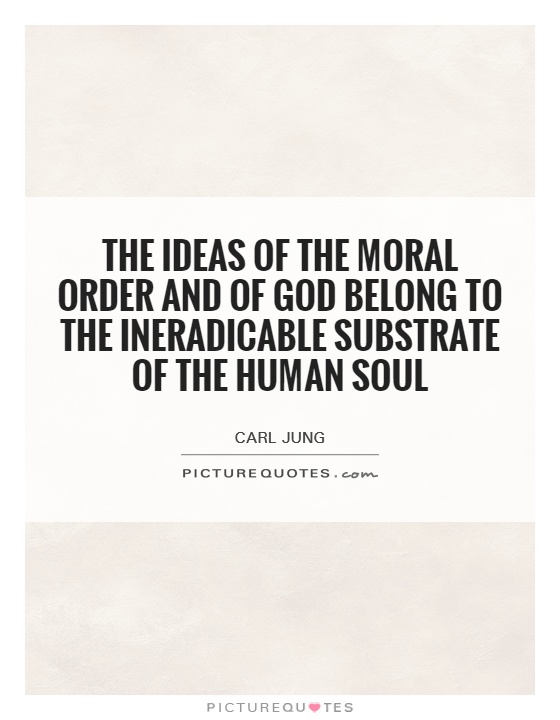
The ideas of the moral order and of God belong to the ineradicable substrate of the human soul
Carl Jung, a Swiss psychiatrist and psychoanalyst, was a prominent figure in the field of psychology and is known for his theories on the collective unconscious and archetypes. One of Jung's key beliefs was that the ideas of the moral order and of God belong to the ineradicable substrate of the human soul. In other words, Jung believed that concepts of morality and spirituality are deeply ingrained in the human psyche and are fundamental aspects of our being.Jung's concept of the collective unconscious suggests that there are universal symbols and themes that are shared by all human beings, regardless of culture or upbringing. These archetypes, such as the hero, the mother, and the wise old man, are thought to be inherited and are part of the collective unconscious that shapes our thoughts, feelings, and behaviors. Jung believed that the ideas of the moral order and of God are also part of this collective unconscious and are essential components of the human psyche.
Jung saw the moral order as a set of universal principles that guide human behavior and help individuals navigate the complexities of life. These moral principles are not imposed from external sources, but are inherent within us, stemming from the collective unconscious. Jung believed that our sense of right and wrong, our conscience, and our ethical values are all rooted in this innate moral order that is part of our psychological makeup.
Similarly, Jung viewed the concept of God as a fundamental aspect of the human soul. He believed that the idea of a higher power or divine being is a universal symbol that transcends cultural and religious boundaries. Jung saw God as a symbol of wholeness, completeness, and transcendence, representing the ultimate source of meaning and purpose in life.
Overall, Jung's belief that the ideas of the moral order and of God belong to the ineradicable substrate of the human soul reflects his deep understanding of the human psyche and the universal aspects of human experience. Jung's theories continue to influence psychology, spirituality, and philosophy, highlighting the enduring relevance of his ideas on the fundamental aspects of human nature.
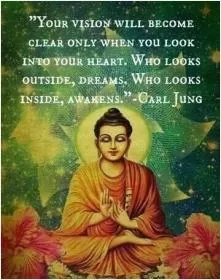
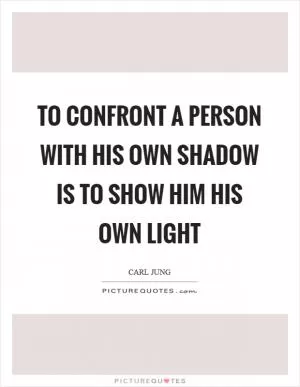


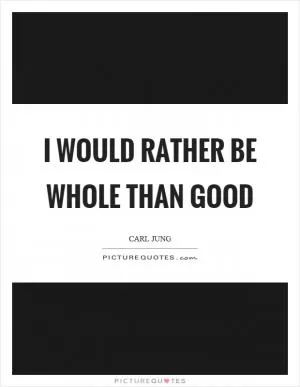

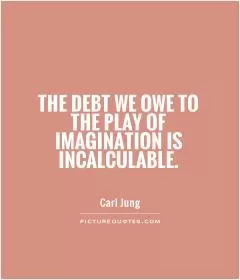




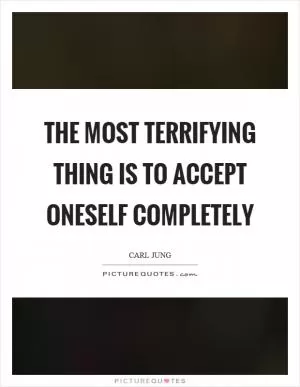
 Friendship Quotes
Friendship Quotes Love Quotes
Love Quotes Life Quotes
Life Quotes Funny Quotes
Funny Quotes Motivational Quotes
Motivational Quotes Inspirational Quotes
Inspirational Quotes